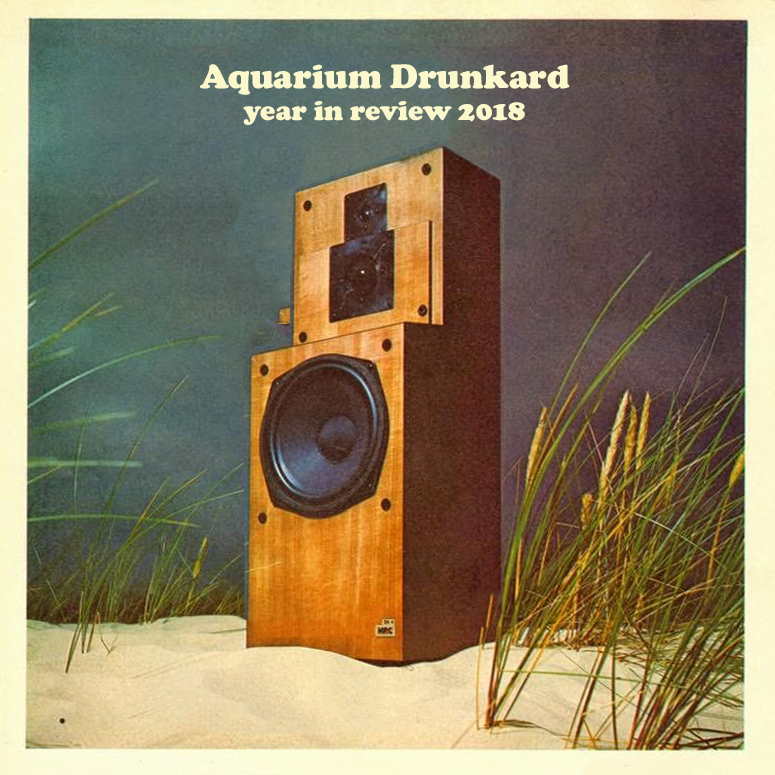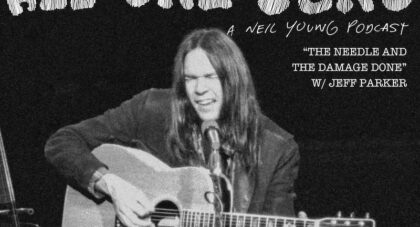Here it is. Our obligatory year-end review. The following is an unranked list of albums that caught, and kept, our attention in 2018. Let it blurb. – AD . . .
Only the good shit. Aquarium Drunkard is powered by its patrons. Keep the servers humming and help us continue doing it by pledging your support.
To continue reading, become a member or log in.



